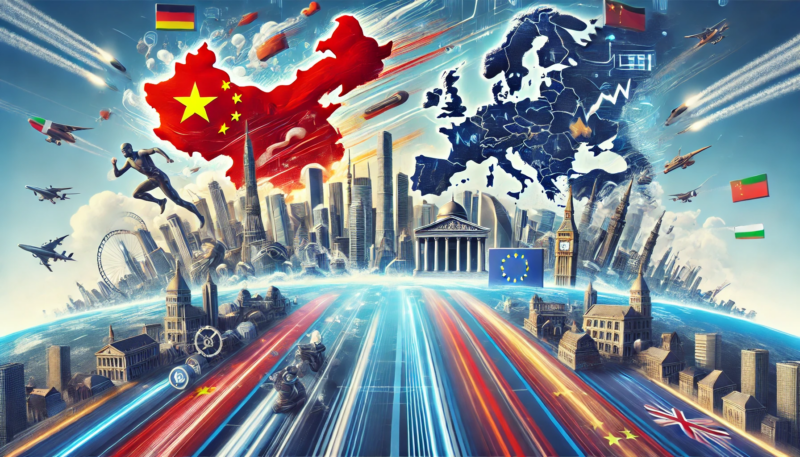
Sign up for daily news updates from CleanTechnica on email. Or follow us on Google News!
In response to Trump’s administration imposing new tariffs on Chinese goods, China has responded. However, make no doubt about it, China has been planning for this for a long time. “It’s aiming for finding measures that maximize the impact and also minimize the risk that the Chinese economy may face,” Gary Ng, a senior economist at Natixis Corporate and Investment Banking in Hong Kong, told the AP.
Here is a list of initial responses from China:
- 15% tariff on coal and LNG (liquified natural gas) products
- 10% tariff on crude oil
- 10% tariff on cars with large engines
- 10% tariff on agricultural machinery
Though, these are fairly minor tariffs for now, as China is not a large export market for them. However, China is also responding by limiting exports of critical materials. “China announced export controls on several elements critical to the production of modern high-tech products. The measure took effect upon announcement on Tuesday.
“They include tungsten, tellurium, bismuth, molybdenum and indium, many of which are designated as critical minerals by the U.S. Geological Survey, meaning they are essential to U.S. economic or national security that have supply chains vulnerable to disruption.
“The export controls are in addition to ones China placed in December on key elements such as gallium.”
This matters a bit more. “We depend on [China] for a lot of critical minerals: gallium, germanium, graphite, a host of others,” Philip Luck, an economist at the Center for Strategic and International Studies and former State Department official, said just before these tariffs were implemented. “They could put some significant harm on our economy.”
The country also provided some stinging commentary. “The U.S.’s unilateral tariff increase seriously violates the rules of the World Trade Organization,” China’s State Council Tariff Commission said. “It is not only unhelpful in solving its own problems, but also damages normal economic and trade cooperation between China and the U.S.”
China is also specifically targeting a few companies — Google, PVH Group (owner of the Calvin Klein and Tommy Hilfiger brands), and Illumina (a biotech company). If the country decides it wants/needs to go forward with more of these kinds of things, there is one obvious target: Tesla. With Elon Musk constantly by Trump’s side or doing his bidding, he is an obvious pressure point to go after, and Tesla produces about half of its cars there and sells about a third of them there. If China was to threaten Tesla’s production or sales at all, Elon Musk would certainly feel a lot of pressure.
Also, with the Chinese EV market getting super competitive lately, China might potentially want to support some of its EV companies by weakening Tesla’s hold on the market. We will see.
Chip in a few dollars a month to help support independent cleantech coverage that helps to accelerate the cleantech revolution!
Have a tip for CleanTechnica? Want to advertise? Want to suggest a guest for our CleanTech Talk podcast? Contact us here.
Sign up for our daily newsletter for 15 new cleantech stories a day. Or sign up for our weekly one if daily is too frequent.
CleanTechnica uses affiliate links. See our policy here.
CleanTechnica’s Comment Policy
